The Day The Earth Stood Still – Whether you watched the original 1951 by Paul Harris Boardman or the 2008 remake starring Keanu Reeves, there’s no denying that the alien and his robot bodyguard who descended on planet Earth to wreak havoc with an important message had us watching in awe.
The aliens’ robotic sidekick nicknamed “GORT” (Genetically Organized Robotic Technology) was able to wield massive disruption by neuturalising all electrical equipment when he opened his visor. Obviously, man had no answer to this and our reliance on all things electrical meant that once activated, the world literally came to a standstill.
You might have seen in recent news that Google’s Cloud Platform (GCP) suffered a significant outage, which they explained to the world in a short sentence; “We are investigating an issue with an infrastructure component impacting multiple products. We believe we have identified the cause and are currently rolling out mitigation.”
Whilst I find it astounding that a company as large as Google have not engineered infrastructure failure out of their services through redundancy, no one will vote with their feet in disgust at the outage. Although “well, it can happen to the best of them!” seems like a sorry sentiment it’s actually true. Did you know that all the major public cloud companies have experienced significant outages in the last six months?
Don’t get me wrong, this isn’t a veiled dig at Google; they’re a respected giant in their industry and rightly so – but their news did get me thinking about how far the impact can be felt when a large provider such as Google has an issue that affects services that operate at the consumer level.
The outage report identified that home users of Nest (Googles smart home assistant) will have been impacted and as a result; heating, hot water, door locks and even security cameras would have ceased to function properly. It’s when I read this, that I compared the Google outage to the day the earth stood still.
Imagine The Day The Earth Stood Still in real life – your heating or cooling system turns itself off in sub-zero temperatures, or when you get up to have a hot shower there’s no welcoming steam to wake you up. Imagine being locked out of your own home, or your monitor and security systems being temporarily blind to their surroundings. Even more concerning is the thought of self-driving cars disconnected from their controlling system. A modern-day version of the film script, don’t you think?
The film aptly demonstrated the human populations’ inability to cope when cars and trains stopped running, lights went out and lifts and subway trains got stuck. The modern-day question we should really be asking ourselves is; with our lives becoming increasingly more reliant on automated assistants, how will we behave when these assistants go offline?
The reality is: we are going to experience these outages. Likely they will impact all the way through to consumer device level, and things we just expect to work – won’t. Worse, it will be completely outside our control to fix.
Thinking more commercially, how have utility systems that rely on communication with systems such as NEST been architected to recognise when communication has been lost? You might have noticed that your metering suddenly jumps a notch when the service is resumed. There are already many disgruntled “smart meters” customers that have received insultingly inaccurate bills that then take weeks to challenge and put right.
So how does this type of outage influence the developers and thought leader of leading edge IOT connected service such as Telehealth? Connecting heart monitors, temperature and movement sensors and other medical appliances to a simple service such as Google assistant is a fantastic use of this technology but may generate an air of mistrust if they stop working or provide spurious results for no apparent reason.
I suppose what I’m suggesting here is – we take for granted the cost of simplicity and the reliance upon technology that is in turn reliant on technology itself. When you weigh up the effects that losing these services has on your life against the convenience of saying “Google, turn the heating down” – what comes out on top?
Now I’m no advocate of returning to the dark ages, and like many people I am tremendously excited by the numerous advances in technology that make our lives easier. However, at some point these services will need to become more mature in terms of their ability to mitigate the impact on ever-growing numbers of citizens, and disrupt larger and larger ecosystems that are becoming more and more reliant on the core service being available.
Unlike GORT who finally sees the light and leaves the planet so that mankind can contemplate their frailties, our reliance on digital assistants and IOT device is firmly here to stay.
© Vissensa Limited 2008 -2020











